Introduction
In an era where technology permeates every aspect of our lives, the travel industry is no exception. Virtual travel booking agents have emerged as a revolutionary force, changing how we plan, book, and manage our journeys. These online services and software applications use cutting-edge technologies to offer convenience, personalization, and efficiency, making them an indispensable tool for modern travelers. This blog delves into the evolution, benefits, use cases, future scope, and common questions surrounding virtual travel booking agents.
Contribution of AI in Travel Industry.
Evolution of Virtual Travel Booking Agents
The concept of virtual travel booking agents has evolved significantly over the past few decades. Initially, travelers relied on traditional travel agencies, where human agents handled all aspects of travel planning. The advent of the internet in the 1990s paved the way for online travel agencies (OTAs) like Expedia and Booking.com, which offered a more hands-on approach to booking flights and hotels.
As technology advanced, these platforms began integrating more sophisticated tools, such as artificial intelligence (AI) and machine learning, to enhance user experience. This evolution gave birth to virtual travel booking agents, capable of providing personalized recommendations, real-time updates, and seamless booking experiences. Today, these agents are not just a convenience but a necessity for tech-savvy travelers.
Learn more about AI Travel Apps, Textomap.
How Virtual Travel Booking Agents Work
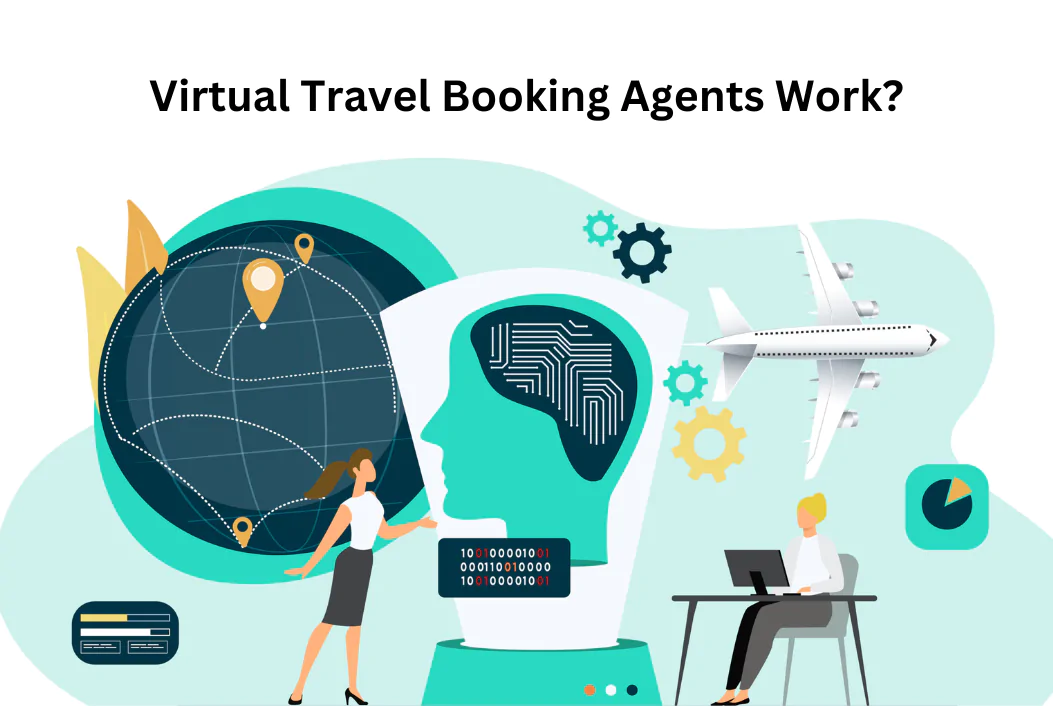
Virtual travel booking agents leverage various technologies to offer their services. Here’s a breakdown of the primary components:
- Artificial Intelligence (AI): AI algorithms analyze vast amounts of data to understand user preferences and behavior, providing personalized recommendations and predicting the best times to book.
- Machine Learning: This technology helps improve the accuracy of predictions and recommendations by learning from user interactions and feedback.
- Natural Language Processing (NLP): NLP enables virtual agents to understand and respond to user queries in natural language, making interactions more intuitive.
- Big Data Analytics: By analyzing trends and patterns in travel data, virtual agents can offer insights into the best destinations, travel dates, and deals.
- Cloud Computing: Cloud infrastructure ensures that virtual travel agents are scalable and accessible from anywhere, providing a seamless experience across devices.
Benefits of Virtual Travel Booking Agents
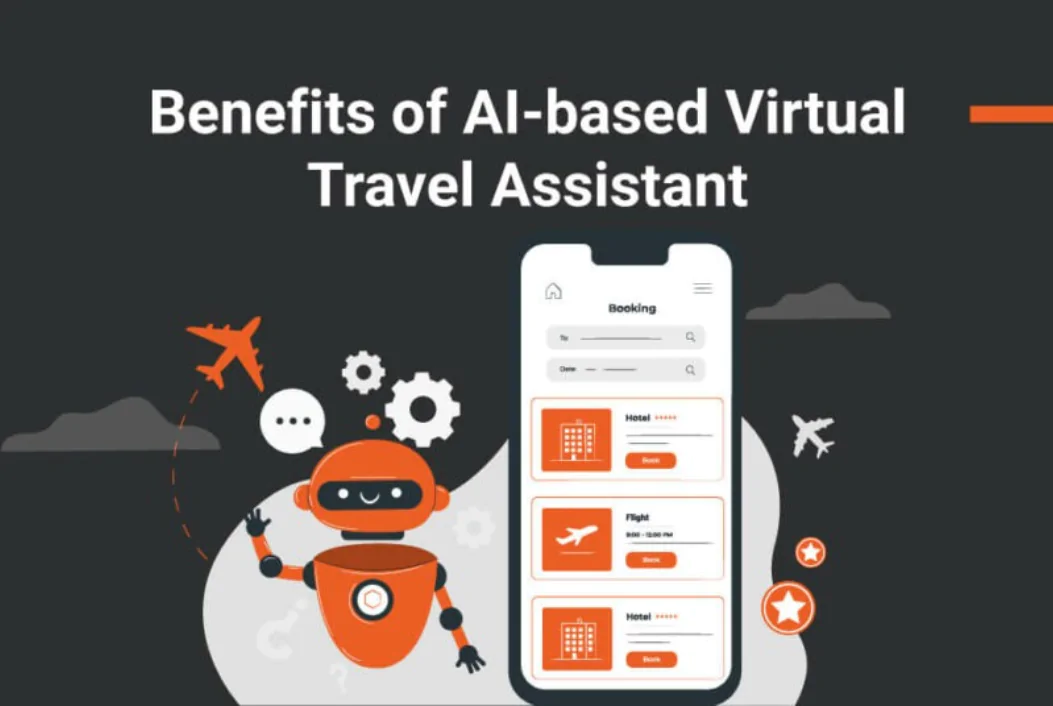
- Convenience: Available 24/7, virtual travel booking agents allow users to book flights, hotels, and activities from anywhere at any time.
- Personalization: Leveraging AI, these agents analyze user preferences and past behaviors to offer tailored recommendations.
- Cost Savings: Access to exclusive deals and discounts helps travelers save money.
- Real-Time Updates: Receive instant notifications about flight changes, travel advisories, and other critical information.
- Efficiency: Streamline the booking process by comparing prices, availability, and amenities across various providers in seconds.
- Multilingual Support: Cater to a global audience with support for multiple languages.
- Comprehensive Itinerary Management: Organize all aspects of travel, from transportation to activities, in a single platform.
Integration with Other Technologies
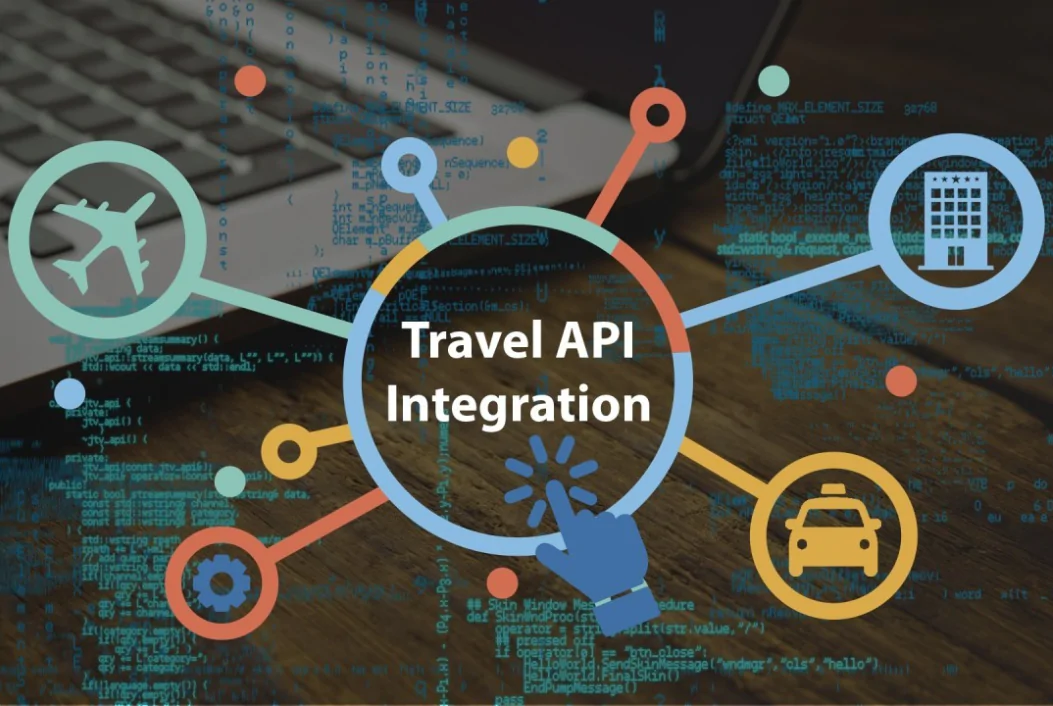
Virtual travel booking agents are not standalone solutions; they often integrate with other technologies to enhance their functionality:
- Mobile Applications: Many virtual agents are available as mobile apps, providing on-the-go access to travel planning and booking.
- Wearable Devices: Integration with wearables like smartwatches can provide travelers with real-time updates and notifications.
- Social Media: Virtual agents use social media platforms to offer travel tips, customer support, and personalized recommendations based on social activity.
- Smart Home Devices: Integration with devices like Amazon Alexa and Google Home allows for voice-activated travel planning and booking.
Use Cases of Virtual Travel Booking Agents
- Business Travel: Companies use virtual agents to manage employee travel, ensuring cost-effectiveness and efficiency.
- Leisure Travel: Families and solo travelers benefit from personalized vacation packages and real-time assistance.
- Last-Minute Bookings: Travelers can quickly find and book last-minute flights and accommodations.
- Travel Agencies: Traditional travel agencies integrate virtual agents to enhance their services and stay competitive.
- Multi-Destination Trips: Easily plan complex itineraries involving multiple destinations and modes of transportation.
Future Scope of Virtual Travel Booking Agents
The future of virtual travel booking agents looks promising, with several trends poised to enhance their capabilities:
- Enhanced AI and Machine Learning: Continued advancements will lead to even more accurate and personalized recommendations.
- Voice-Activated Assistance: Integration with virtual assistants like Alexa and Google Assistant will make booking travel as simple as speaking a command.
- Virtual Reality (VR) Previews: Potential travelers could use VR to explore destinations and accommodations before booking.
- Blockchain for Security: Implementing blockchain technology can ensure secure transactions and protect user data.
- Sustainable Travel Options: Agents will increasingly offer eco-friendly travel choices to cater to the growing demand for sustainable tourism.
Challenges and Limitations
Despite their advantages, virtual travel booking agents face several challenges:
- Data Privacy: Ensuring the security of user data is a significant concern, given the sensitive nature of travel information.
- Complex Itineraries: While virtual agents excel at routine bookings, complex travel plans may still require human intervention.
- Technical Issues: Bugs, downtime, or integration issues can disrupt the user experience.
- User Trust: Building trust with users who are accustomed to human agents can be a hurdle for virtual agents.
Conclusion
Virtual travel booking agents have transformed the travel industry, offering unparalleled convenience, personalization, and efficiency. As technology continues to advance, these agents will become even more integral to our travel experiences, simplifying the process and providing innovative solutions to meet evolving traveler needs. Whether for business or leisure, virtual travel booking agents are set to remain a vital tool in our travel arsenals.
FAQ
1. What is a virtual travel booking agent?
A virtual travel booking agent is an online service or software application that helps users plan, book, and manage their travel arrangements using advanced technologies like AI and machine learning.
2. How do virtual travel booking agents save money?
They compare prices across various providers, access exclusive deals, and offer personalized recommendations to ensure cost-effective travel options.
3. Are virtual travel booking agents safe to use?
Yes, reputable virtual travel booking agents use secure technologies to protect user data and transactions. However, it’s important to use well-known and trusted platforms.
4. Can I use a virtual travel booking agent for business travel?
Absolutely. Many businesses use these agents to manage employee travel efficiently, ensuring both cost savings and convenience.
5. Will virtual travel booking agents replace human travel agents?
While they offer many advantages, virtual agents may not completely replace human agents, especially for complex or highly personalized travel needs. Instead, they can complement human agents by handling routine tasks and providing data-driven insights.
6. What technologies power virtual travel booking agents?
Virtual travel booking agents use AI, machine learning, natural language processing, big data analytics, and cloud computing to deliver their services.
7. Can virtual travel booking agents handle changes in travel plans?
Yes, they can provide real-time updates and assist with changes to travel plans, including rebooking flights and accommodations.
8. Are there any drawbacks to using virtual travel booking agents?
Some challenges include ensuring data privacy, handling complex itineraries, dealing with technical issues, and building user trust.
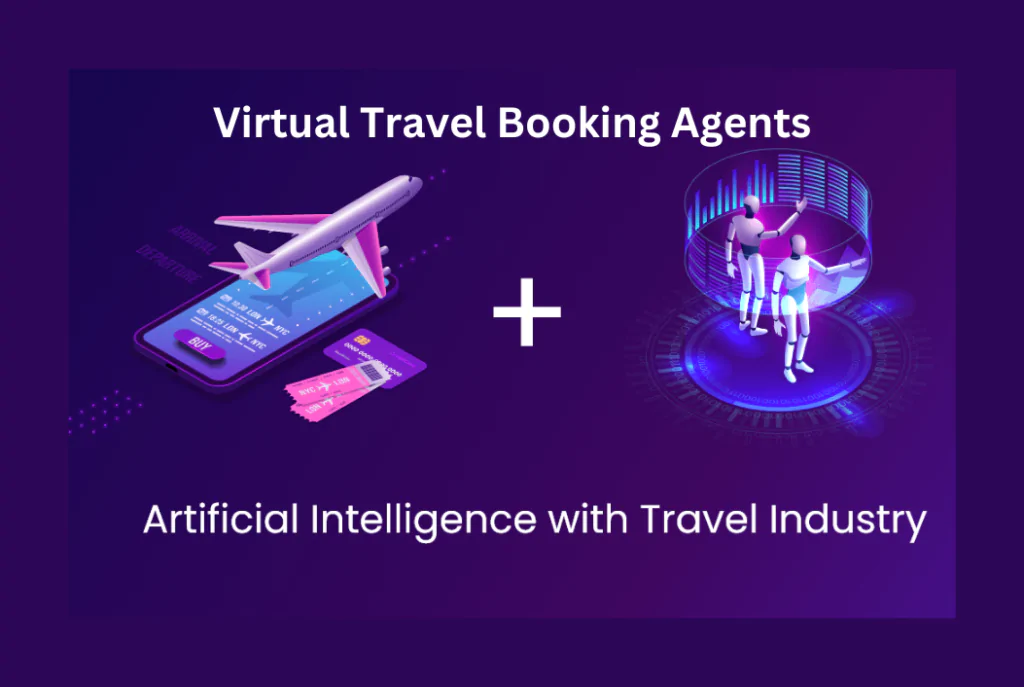

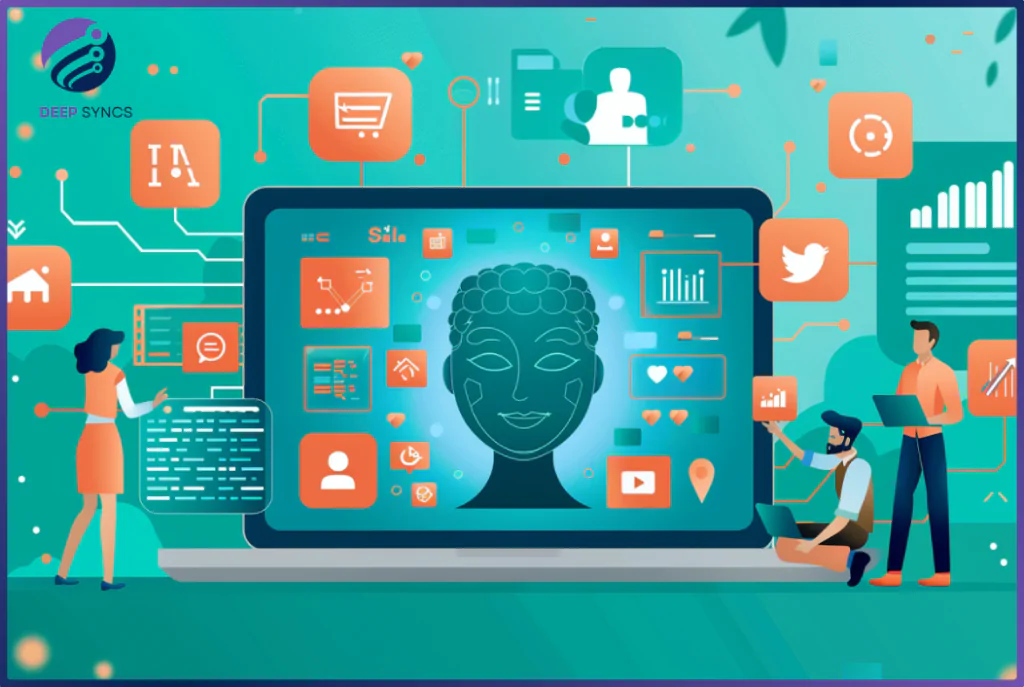
Your work has captivated me just as much as it has captivated you. The visual presentation is elegant, and the written content is sophisticated. However, you appear concerned about the possibility of presenting something that could be considered dubious. I’m confident you’ll be able to resolve this issue promptly.